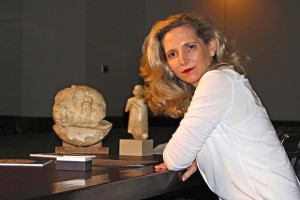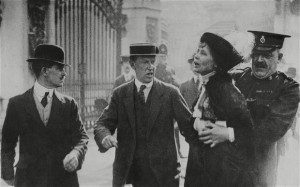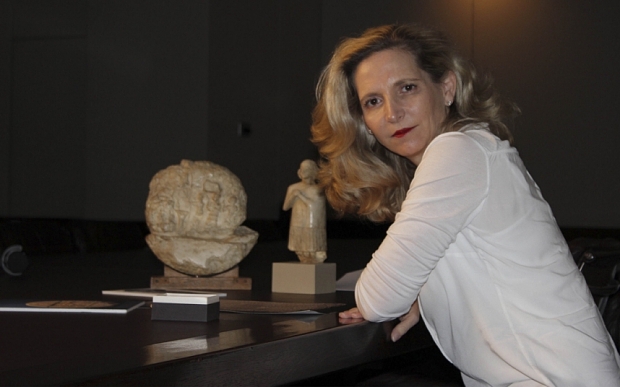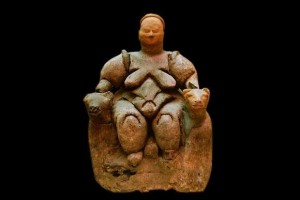More than $5tn has evaporated from global share prices since China’s market meltdown began. Everyone’s asking the same thing: “When will it bottom out?” But, as I watch the wild fluctuations in the markets, I can’t help wondering why the experts weren’t just a tiny-teeny bit more suspicious about the euphoric economic data that was previously coming out of China.
When I was in the country recently, the signs of Potemkin-like prosperity were everywhere. I was travelling with a film crew to shoot the four-part history series The Ascent of Woman for BBC2. Yes, I soon realised, Shanghai has dozens of swanky hotels and practically every shop that you’d find on the British high street, including Cath Kidston. Yet the sight of a Prada bag or two shouldn’t be overblown. Far more important in a modern economy is having indoor plumbing. I suppose there’s some remote cottage in Britain still being serviced by an outdoor privy.
But whole villages relying on communal latrines? In a word, no. China may be on course to become the world’s number one economic power, but what does that mean exactly if its citizens are still waiting for flush toilets?












